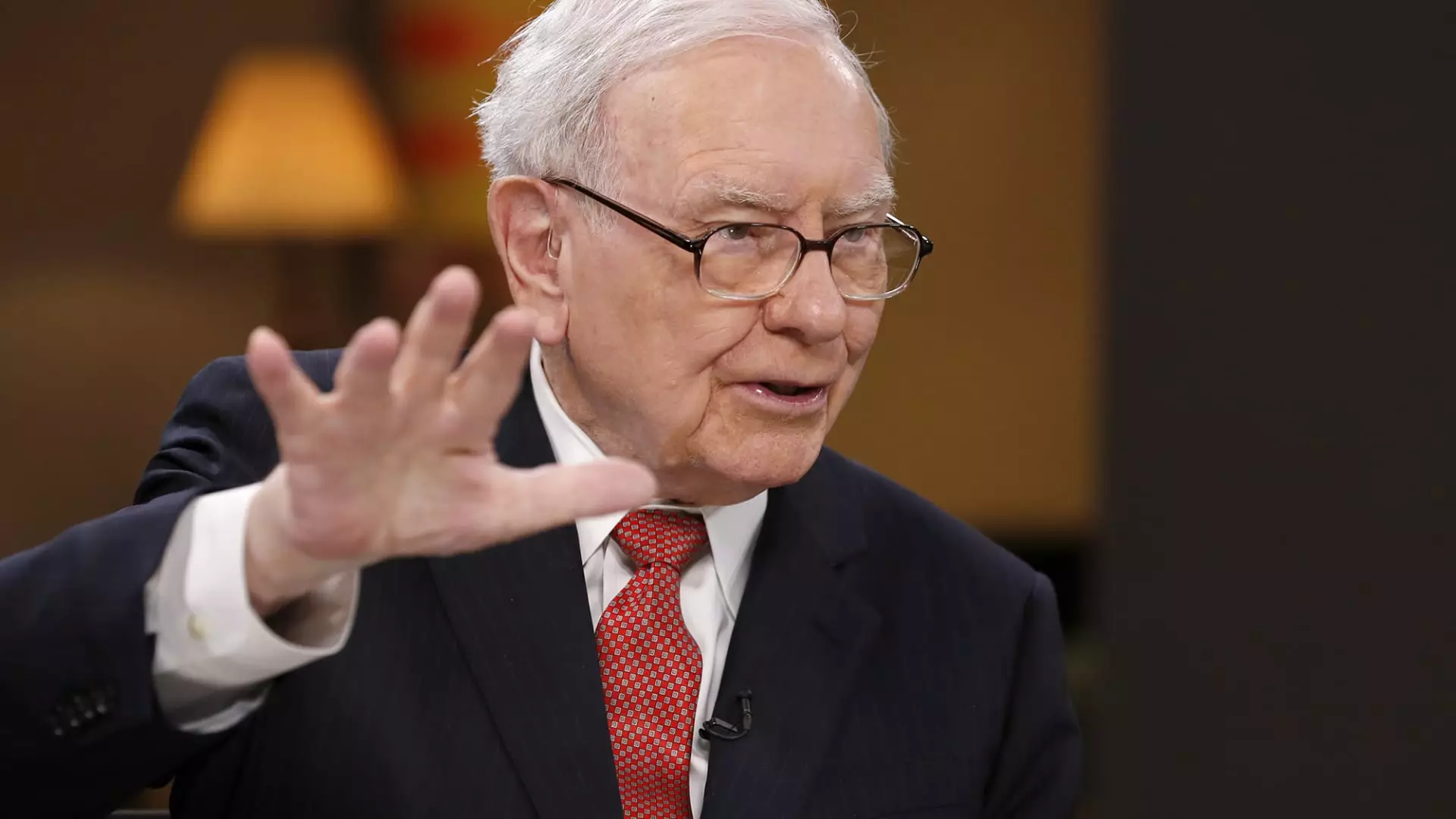Warren Buffett, one of the most revered investors of our time, holds a staggering personal fortune estimated at $150 billion. Yet, rather than succumb to the conventional desire to pass on lavish inheritances to his offspring, Buffett advocates for a more altruistic approach to wealth distribution. His recent decision to designate three independent trustees for his philanthropic endeavors, following a donation of $1.1 billion in Berkshire Hathaway stock to family foundations, exemplifies his commitment to social responsibility over dynastic legacy. Buffett has long been an opponent of creating “dynastic” wealth, stressing the potential adverse effects it may have on personal growth, familial relationships, and broader societal constructs.
Buffett’s position is clear: he intends to give away an astounding 99% of his fortune, a commitment he has held steadfast since founding Berkshire Hathaway in 1965. His rationale is rooted in a deep understanding of the complexities that accompany vast fortunes. In a reflective letter, Buffett stated, “I’ve never wished to create a dynasty or pursue any plan that extended beyond the children.” His concerns extend not only to his immediate family but also to the unpredictable factors that future generations may introduce into wealth distribution. By openly questioning the “priorities, intelligence, and fidelity” of successors, Buffett is demonstrating an acute awareness of the inherent unpredictability associated with wealth across generations.
Buffett’s appointment of three trustees serves to mitigate some of these uncertainties. He acknowledges the possibility that his children—now aged 71, 69, and 66—may not be adequately equipped to handle the complexities of philanthropic distribution in a rapidly changing world. His designated successors, who remain unnamed, are positioned to potentially step in and ensure that his philanthropic ideals continue to thrive beyond his lifetime. This proactive measure underscores Buffett’s intention to safeguard the mission of his philanthropic trust from the whims of future heirs.
Buffett’s faith in his children is not without merit. Over a span of nearly two decades, he has observed their capabilities and values in action. He believes that they have learned valuable lessons about philanthropy and human behavior, drawing on the principles instilled by their late mother. Emphasizing that his children enjoy financial comfort but are not fixated on wealth, Buffett articulates a nuanced perspective on family dynamics and financial legacy. He firmly asserts, “They are not preoccupied with wealth,” a sentiment that reflects his desire for his children to engage with their fortunes responsibly.
Buffett’s larger commentary speaks to a societal dilemma: the impact of enormous inheritances not only on families but also on communities and institutions. By forgoing the traditional family dynasty model, he challenges others in similar positions of wealth to reconsider their philanthropic strategies. In an age when wealth disparity is a pressing issue, Buffett’s actions may serve as a catalyst for more millionaires and billionaires to adopt similar philanthropic practices, placing the greater good over personal legacy.
As Berkshire Hathaway continues to flourish—recently exceeding a $1 trillion market cap—Buffett’s approach offers a compelling blueprint for responsible wealth management and philanthropic inclination. His intentions reflect a broader recognition that the true essence of wealth lies not simply in possession but in its potential for collective impact. In an increasingly complex world, Buffett’s vision for his legacy reinforces the idea that responsible generosity can pave the way for a better and more equitable society. By choosing to trust independent trustees over his own children to manage his wealth, he sets an example that could resonate throughout generations, urging wealthy individuals to consider how they can contribute meaningfully to the world around them.

